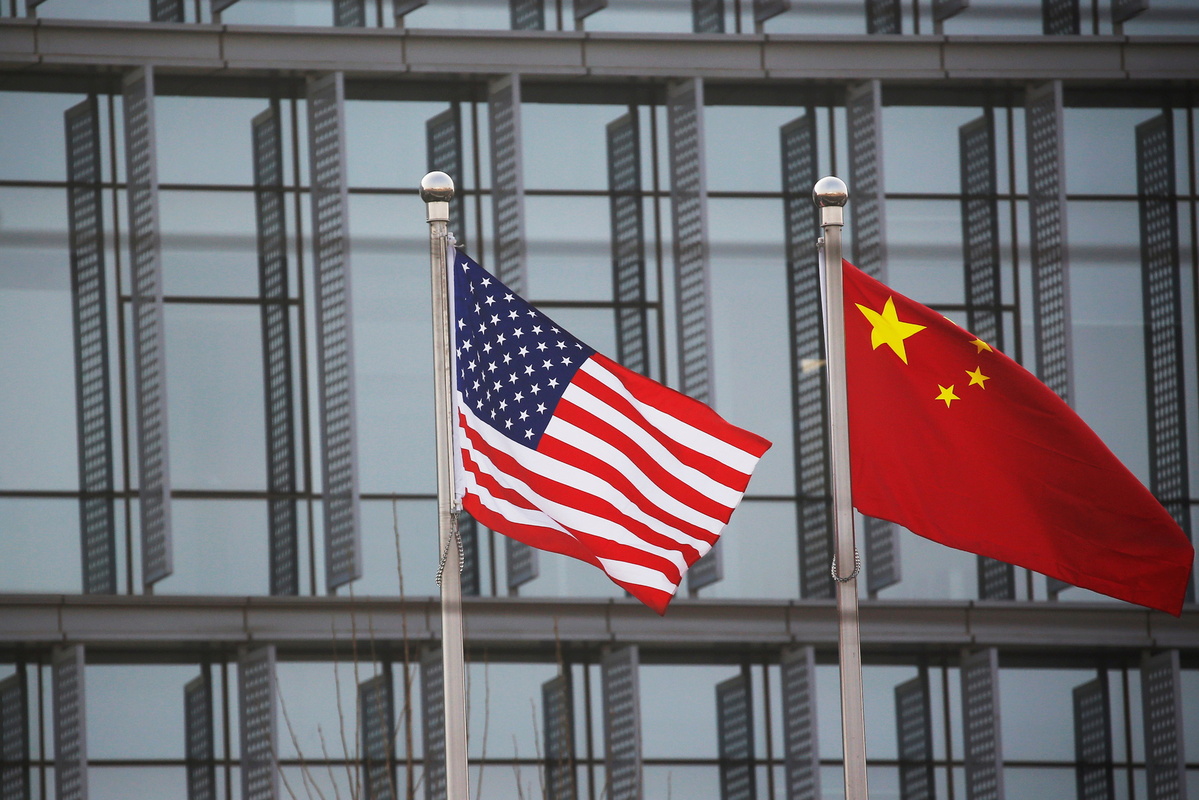Literary exchange crafts cultural tapestry


It was another US-China exchange, only this one was not focused on weighty issues such as trade or politics but on literary scholarship.
About a dozen literary scholars from China and the United States gathered at the University of Houston on Tuesday for a symposium on topics including literature and art criticism, translation, and artificial intelligence and human writing.
Also featured was the book Essentials of Chinese Literature and Art Criticism Volume I. The collection of theoretical critiques penned by eminent contemporary Chinese literary and art critics offers a detailed analysis of China's view of literature and art theory, as well as critical practice from the ancient to the modern period. The book will be available to the public in November.
Xu Yuechun, vice-chairman and secretary-general of the Chinese Literature and Art Critics Association, and director of the China Federation of Literary and Art Circles' Literature and Art Criticism Center, is the book's co-editor.
"I hope this book will work as a bridge for the exchanges on literature critics between China and the world, and for deepening such dialogues," Xu said, adding that the book collected the best works in 2021 and 2022.
The US already has a rich collection of Chinese traditional artworks, he said, and the two countries share a long history of cultural and art exchange and cooperation, with influences on both sides to inspire each other.
Xu said Chinese tradition calls for "harmony in diversity" and that he hopes the book will help the world better understand Chinese scholars' literary thinking.
Karen Thornber, professor of literature and East Asian languages and civilizations at Harvard University, said via video link that although she had only enough time to skim through the book, she deemed it "a wonderful opportunity for English-speaking scholars to have access to first-rate or more first-rate Chinese scholarship on a range of topics in the arts and humanities".
Fundamental reason
Zhang Qingmin, director of the Literature and Art Research Center at Henan University, who shared his thoughts on current Chinese literary and art criticism, said the Chinese scholars essentially presented the fundamental reason "why we view art and aesthetics 'this way, not that way'".
"I believe that our American colleagues have received these messages," he said.
Haun Saussy, a professor at the University of Chicago, using a 1687 Latin translation of Confucius' sayings, showed how translation does not actually reproduce an original. Instead, it produces an interpretation of an original — but in another language.
Zhang said Janell Watson, a professor from Virginia Tech, "focused on the topic of whether AI brings unlimited possibilities to artistic creation or the 'death of the author', and explored how literature and art can … influence technology in the process of technological innovation and artistic development".
"Many new ideas and new viewpoints presented by everyone are very inspiring for us to explore and build a Chinese literary theory and criticism discourse system from a global perspective," Zhang said.
Alessandro Carrera, chair of the Department of Modern and Classical Languages at the University of Houston, shared his love of Chinese literature. Carrera said he has a collection of Chinese classics in translation, such as The Book of Changes, The Romance of the Three Kingdoms and The Dream of the Red Chamber.
He said the first Chinese novel he read was The Chess Master by Ah Cheng, published in 1984, which he called "a short novel that really opened a world for me and made me want to read more and to look for other authors".
Recalling Europe's interactions with Chinese literature, Carrera, a native of Italy, talked about Matteo Ricci, an Italian Jesuit priest who was the first European man to enter the Forbidden City in Beijing, in 1601, and became "a great scholar of Chinese culture".































